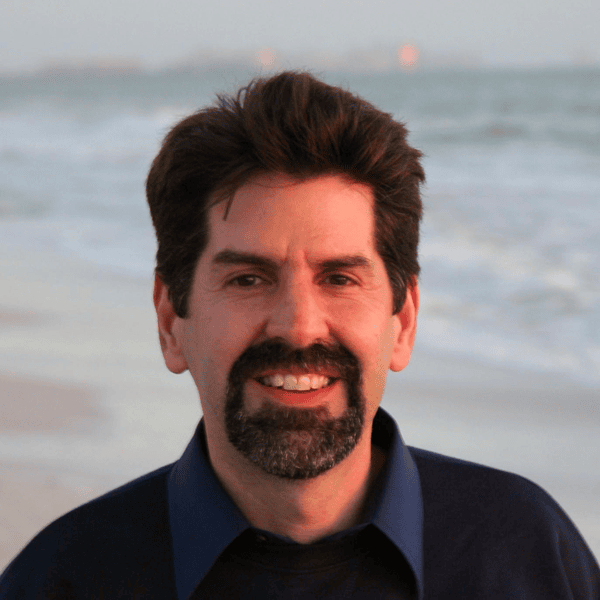The federal government has offered a significant opportunity to weigh in on the intrusion of institutional review boards (IRBs) into history work, as part of a major re-evaluation of the rules governing human-subject research. Any historian who uses oral history methods, or supervises students who conduct interviews, should speak out and demand change.
The request comes as part of a much larger proposal from the Department of Health and Human Services (HHS) to revise the oversight regime for federally funded research (and by extension, all forms of research at institutions that receive federal funds). According to the Washington Post, these proposals will extend “protections to a larger number of people while simultaneously streamlining the oversight and paperwork required of scientists.”
As many historians have learned to their peril over the past decade, vague federal policies and administrators’ instinct to avoid potential liabilities fostered an ever-widening regime of IRB oversight. As a result, at many colleges and universities, rules established to protect “human subjects”(living people) from dangerous medical and psychological experiments now often extend to history.
The policies and procedures of the IRBs often reflect their origins in the health sciences, with demands for confidentiality of sources and prior approval of all questions that may be asked in an interview. This is antithetical to many of the basic principles of history work, where clearly identifying a source and flexibly pursuing questions wherever they lead is essential. But the consequences of ignoring the rules can be quite severe. Universities have withheld doctoral degrees, suspended research projects, or threatened history teachers and students with thousands of dollars in fines for conducting interviews without approval. Over the past decade, the AHA actively tried to reverse these policies with mixed success.
The new proposal recognizes that scholars in the social sciences and even the humanities often get swept up in the standard IRB procedures, and offers two different possible remedies.
First, the HHS proposal offers a specific set of alternatives for researchers in the social and behavioral sciences, recommending a new category (“Excused”) to cover research that poses “no more than minimal risk,” involves only “competent adults,” and includes reasonable “data security and protection standards.” Researchers would still need to submit a one-page description of their research to an IRB, but generally would not need to have any further contact with a review board.
That would be better than the often arbitrary or inappropriate rules currently applied at many colleges and universities, but the proposal opens the door to a more general solution—the complete exclusion of certain forms of research from the “Common Rule” governing human-subject research. The request for comments does not offer a specific proposal, but does ask:
Are there certain fields of study whose usual methods of inquiry were not intended to or should not be covered by the Common Rule (such as classics, history, languages, literature, and journalism) because they do not create generalizable knowledge and may be more appropriately covered by ethical codes that differ from the ethical principles embodied in the Common Rule? If so, what are those fields, and how should those methods of inquiry be identified? Should the Common Rule be revised to explicitly state that those activities are not subject to its requirements?
That seems like a wide open invitation to us, but there are some potential dangers here as well. In 2004, the AHA and Oral History Association worked with HHS on the formulation proposed here (that history does not constitute “research that creates generalizable knowledge”). Unfortunately, the argument prompted some derision from outside the field, from academics who interpreted the phrase to say simply “history is not research.” (As a case in point, the vice president for research at my own university, after a fairly contentious meeting on the subject, wished me well on my “;non-research dissertation.”)
We also received a number of complaints from within the discipline. Some historians argue that history does contribute generalizable knowledge, even if it bears little resemblance to the scientific definition of the word. And faculty members at history of medicine departments and in the social science side of history warned that this position undermined both their institutional standing and their ability to obtain grants. They made it clear that however finely worded, stating that history did not constitute research in even the most bureaucratic terms could have some real financial costs to the discipline.
Perhaps we need to reframe the question at this time and focus our attention not on the nature of history but on the application of rules and criteria that are completely inappropriate to historical research. That was the approach taken in our December 20, 2007, letter to the federal government on the issue. Over the coming months we plan to work with other history organizations and experts in the field of oral history research to craft a response to this proposal. As always, we welcome comments and suggestions from our members.
Equally important, we encourage readers to consider writing HHS with your own thoughts and observations on the issue. Comments are due by September 22, 2011, and can be submitted online (click on “Submit a Comment” and follow the instructions) or by mail to Jerry Menikoff at jerry.menikoff@hhs.gov or Office of Human Research Protections, 1101 Wootton Parkway, Suite 200, Rockville, MD 20852.

